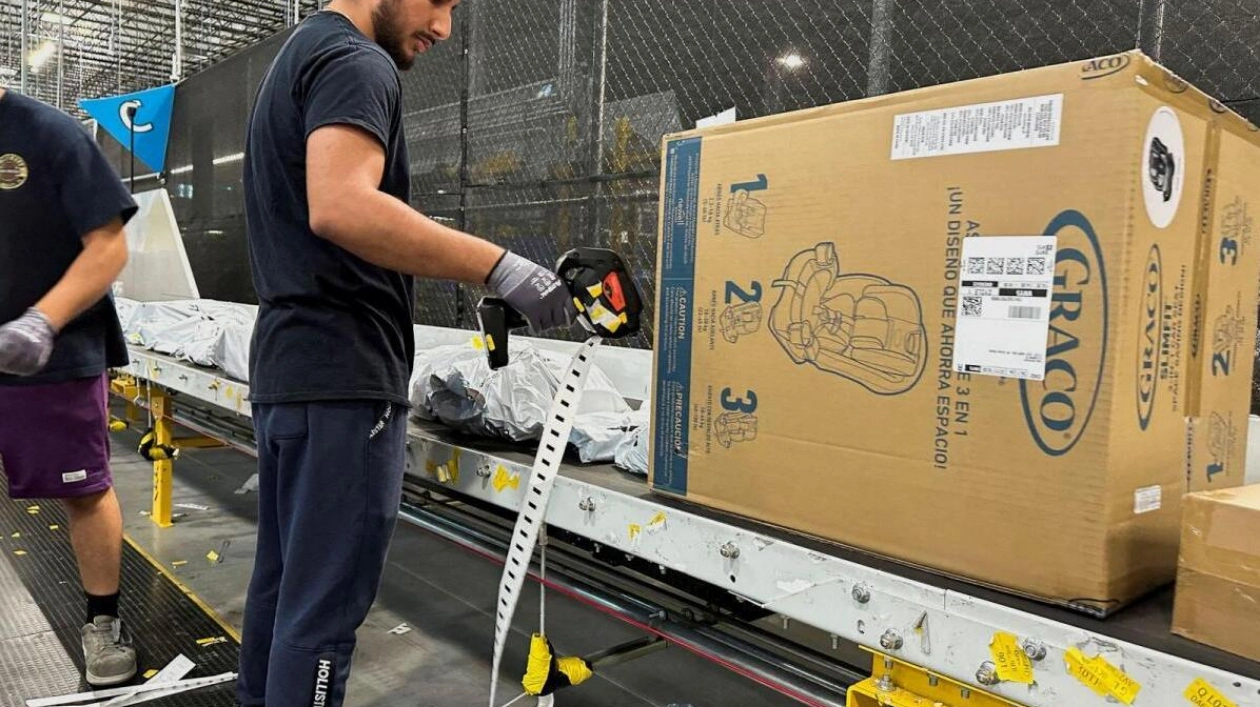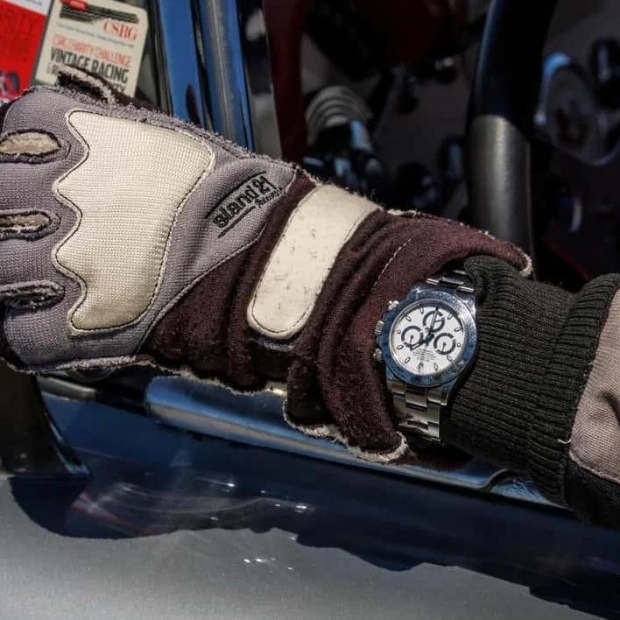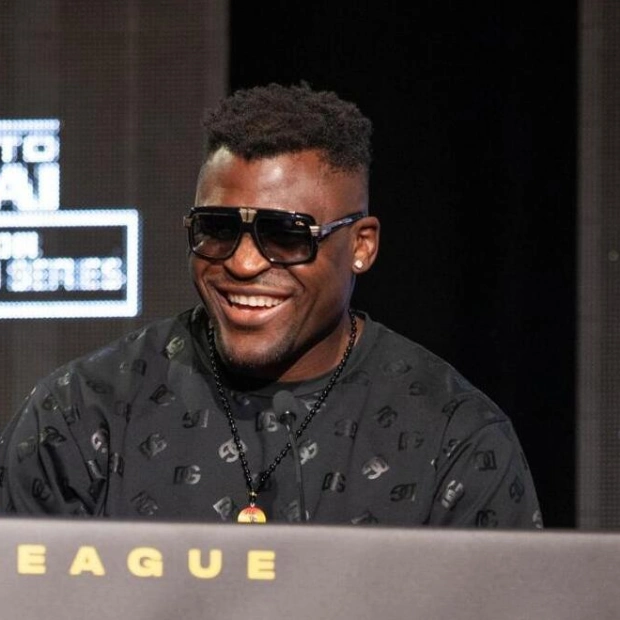Amazon has become the first company to bypass a global standard for verifying carbon offsets, which was developed by a non-profit largely funded by the U.S. technology conglomerate's founder and executive chair, Jeff Bezos. Amazon is supporting the creation of a new standard that could enable the online retailer and cloud-computing provider to address the scarcity of high-quality labeled offsets, helping it achieve its goal of net-zero greenhouse-gas emissions by 2040.
Critics express concerns that this move could create market confusion and weaken the standards of carbon offsets. Companies under pressure to reduce their emissions can purchase credits from projects that absorb carbon, such as reforestation initiatives. The offset market remains small due to the limited number of projects that can verify their climate benefits.
Amazon informed Reuters that it has finalized work on Abacus, a framework for verifying the quality of carbon offsets in reforestation and agroforestry. Amazon developed this standard in collaboration with carbon registry Verra as an alternative to one developed by the Integrity Council for the Voluntary Carbon Market (ICVCM), the world's largest group of private sector and environmental organizations dedicated to validating carbon offsets. Verra announced its partnership with Amazon and its Abacus working group in 2022.
Bezos, through his $10-billion Earth Fund aimed at combating climate change, is one of ICVCM's major donors, having contributed at least $11 million since its 2021 launch. Jamey Mulligan, Amazon's head of carbon neutralization, stated in an interview that the company evaluated and supported ICVCM's efforts but sought a more ambitious standard.
Alphabet, Meta, Microsoft, and Salesforce have announced plans to purchase up to 20 million metric tons of Abacus-certified credits. Pedro Martins Barata, co-chair of ICVCM's panel of experts, expressed concern about the development of an alternative standard and hoped that Abacus would eventually integrate with ICVCM.
Kelley Kizzier, director of corporate action and markets at Bezos Earth Fund and a member of ICVCM's board, described Abacus as complementary rather than competitive to ICVCM. The label is expected to be available within weeks, according to Verra.
The $2-billion voluntary carbon offset market remains small due to concerns that the underlying projects may not deliver the claimed emission reductions. The market offsets 300 million metric tons of emissions annually, yet only a fraction are verified, with ICVCM's main quality label, CCP, accounting for 27 million tons.
Gilles Dufrasne, policy lead at environmental non-profit Carbon Market Watch, questioned the effectiveness of purchasing credits to neutralize Amazon's impact. Deborah Lawrence, chief scientist at Calyx Global, welcomed the label's requirement for public data on carbon storage but had reservations about Abacus's ability to ensure permanent carbon removals.
Amazon generated 71.3 million tons of carbon dioxide equivalent emissions in 2022, with 54.98 million tons from its supply chain. It will take two to three years for projects to qualify for the Abacus label. Mulligan stated that Amazon could become one of the largest carbon-credit buyers but would not use them as a substitute for decarbonizing its business.
Amazon is currently evaluating over 70 proposals from developers and expects to restore tens of thousands of hectares of degraded land. Any developer can apply for the Abacus label if they meet Verra's methodology requirements, developed with the help of a team of scientists, NGOs, and industry specialists.
Eron Bloomgarden, founder of Emergent, a non-profit that mobilizes private-sector funding for forest countries, believes Abacus will help expand the carbon-offset market. He emphasized that while ICVCM's work is important, it is insufficient for market growth, as the goal is to address major existential challenges like climate change and biodiversity loss.






